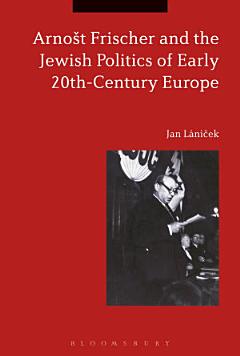The case study of Frischer and Czechoslovakia provides an important paradigm for understanding modern Jewish politics in Europe in the first half of the 20th century, making this a book of great significance to all students and scholars interested in Jewish history and Modern European history.

